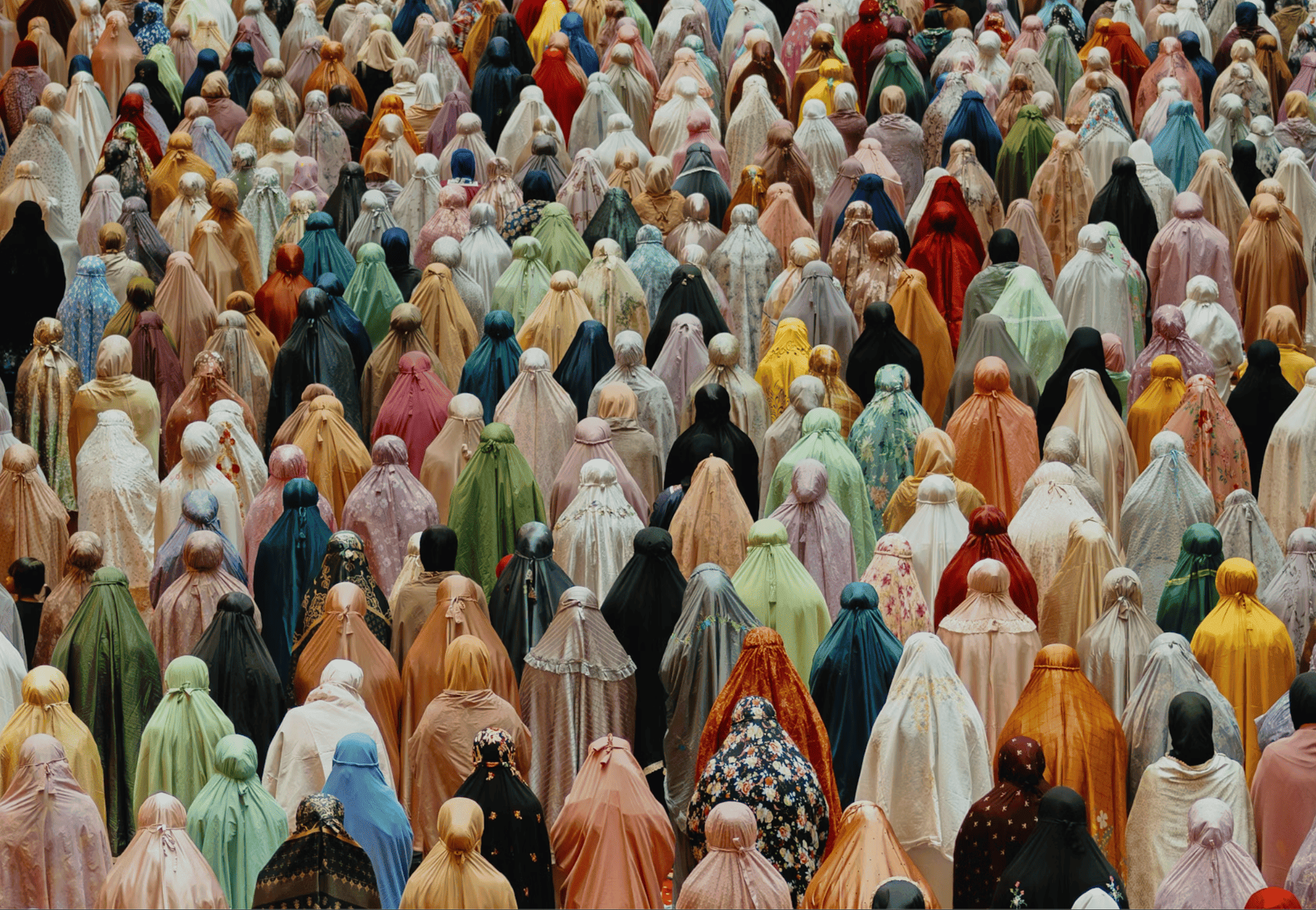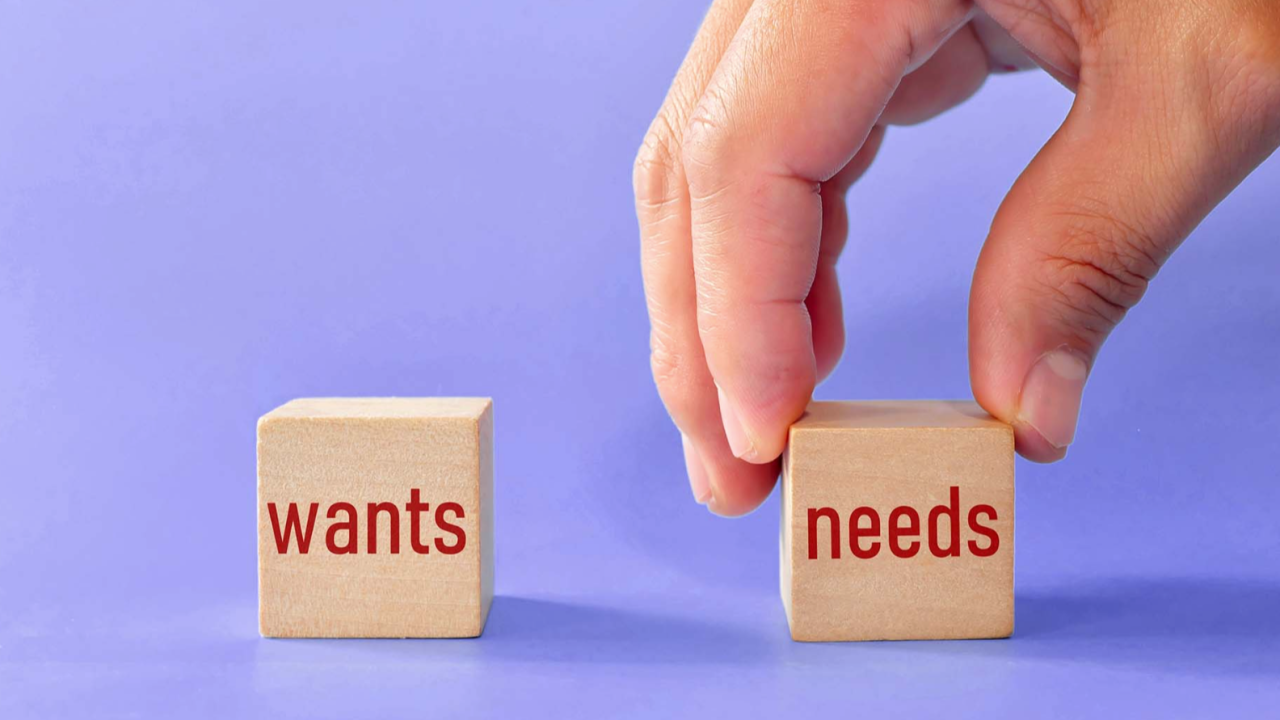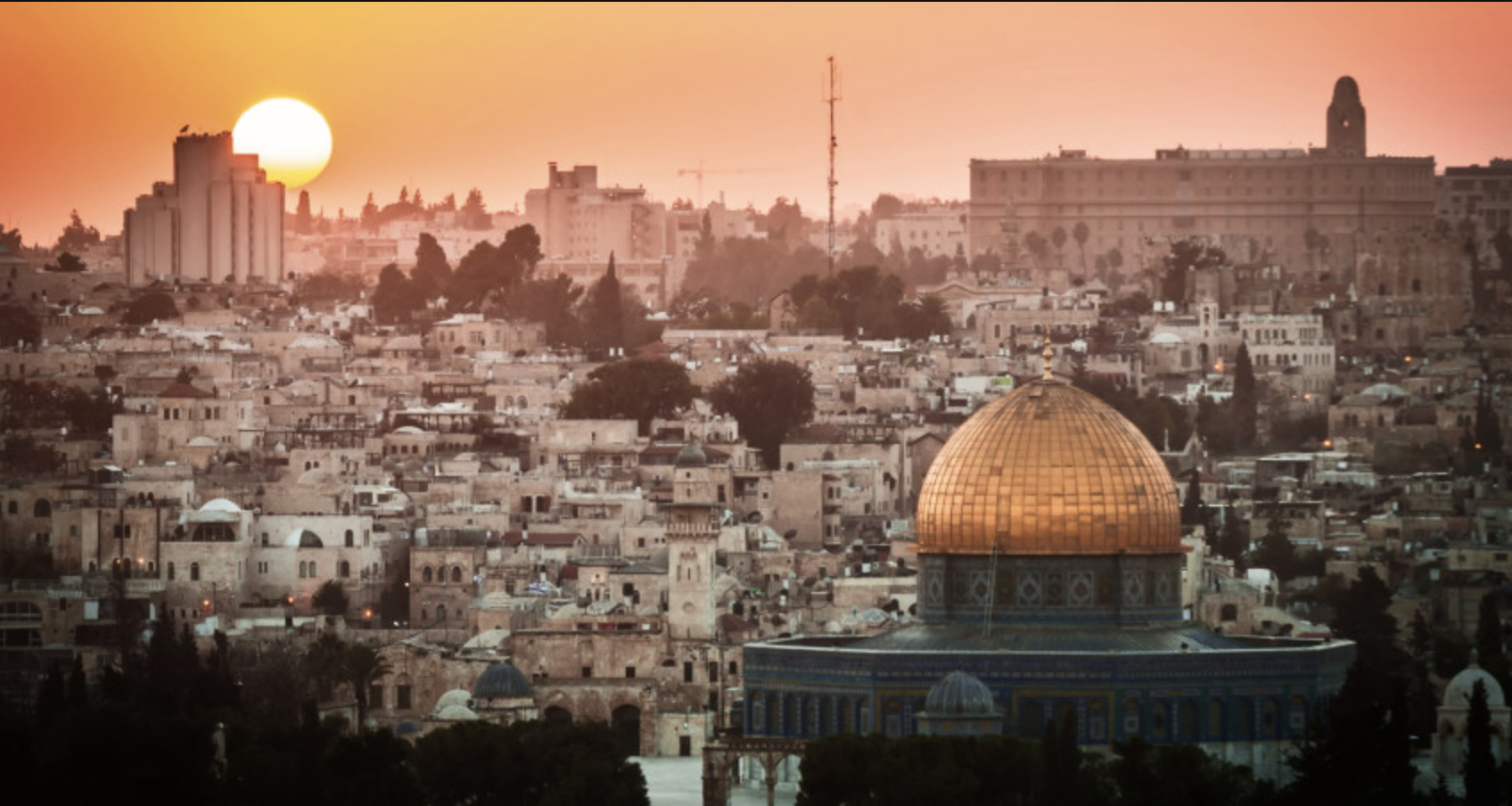Dua – Indeed what a thing of beauty it is. Be it a time of happiness, sadness or a cry for help, a slave can turn directly to his Lord without any intermediary, appointments, extravagant offerings or any kind of payments between them. Allah tells us in the Quran:
وَإِذَا سَأَلَكَ عِبَادِي عَنِّي فَإِنِّي قَرِيبٌ أُجِيبُ دَعْوَةَ الدَّاعِ إِذَا دَعَانِ فَلْيَسْتَجِيبُوا لِي وَلْيُؤْمِنُوا بِي لَعَلَّهُمْ يَرْشُدُونَ
And when My servants ask you, [O Muhammad], concerning Me – indeed I am near. I respond to the invocation of the supplicant when he calls upon Me. So let them respond to Me [by obedience] and believe in Me that they may be [rightly] guided. [Surah AlBaqarah, Ayah 186]
وَقَالَ رَبُّكُمُ ادْعُونِي أَسْتَجِبْ لَكُمْ إِنَّ الَّذِينَ يَسْتَكْبِرُونَ عَنْ عِبَادَتِي سَيَدْخُلُونَ جَهَنَّمَ دَاخِرِينَ
And your Lord said: “Invoke Me I will respond to your (invocation). [Surah Al-Ghaafir, Ayah 60]
We make dua to Allah for all our needs, wants and desires. Sometimes we see that we are granted with what we asked for and sometimes not. This is a point where many of us fail to understand just how merciful Allah is and become dejected and depressed that Allah is not answering our call. Rather, we see that Allah out of his immense mercy and love for his believing slave:
- Answers the dua
- Postpones the answer to replace it with something better at another time.
- Saves the person from an impeding calamity
- Saves the dua to help and alleviate His slave on the Day of Judgement.
Abu Saeed رضي الله عنه narrates that the Prophet صلى الله عليه و سلم said: “There is no Muslim who does not offer any dua in which there is no sin or severing of family ties but Allah will give him one of three things in return: either He will answer his dua sooner, or he will store it up for him in the Hereafter, or He will divert an equivalent evil away from him because of it.” They said: “We will say a lot of dua.” He said: “Allah is more generous.” [Musnad Imam Ahmad]
With that being said, we can rest our troubled hearts knowing that our Rabb is Ever Listening to all our pleas and knows whats best for us even though we may not perceive it.
Salman AlFarsi رضي الله عنه narrated that the Prophet صلى الله عليه و سلم said,
إِنَّ اللَّهَ حَيِيٌّ كَرِيمٌ يَسْتَحِي إِذَا رَفَعَ الرَّجُلُ إِلَيْهِ يَدَيْهِ أَنْ يَرُدَّهُمَا صِفْرًا خَائِبَتَيْنِ
“Indeed, Allah is Shy and Beneficent. He is Shy when His servant raises his hands to Him (in a dua) to return them empty, disappointed!” [Jami’ at-Tirmidhi]
Now comes our part. Everyone wants to make dua and get it answered immediately, but do we for even an inkling realize who we are speaking to? When we raise our hands, we raise it in the court of the Most High, The Creator of All that Exists, Lord of The Worlds, The King of Kings. Titles will fall short but the majesty of Allah will ever increase.
Many a times for us, dua becomes a monotonous routine. We just say it without really putting our heart into it and it becomes exercise for the tongue. It’s as if we are speaking to a shop keeper. O Allah – Give me this – Give me that. Finish. This is not how we are going to get our duas answered at all. Rather I’d say this is insulting to the majesty of Allah and it is His mercy that we are not punished for such.
A point to ponder upon is how if we visit an important dignitary or let’s take the example of the royal monarchs. Anyone who meets them and engages with them in conversation has to follow a certain protocol of speaking and conduct. They need to be addressed in a certain manner that is befitting of their position and what not. Bringing this back to dua. A slave, no greater than a speck of dust is calling upon the King of Kings. Does it not make sense that there should be a level of adab while calling upon Allah? Our beloved Prophet صلى الله عليه و سلم taught us from his Sunnah, various methods and the adab of calling upon Allah in the best of manners that would help us in getting our duas answered.
1. Reducing Sins
Imam Ibn al-Qayyim رحمه الله said,“Duas and ta’awudhaat [prayers seeking refuge with Allah] are like a weapon, and a weapon is only as good as the person who is using it; it is not merely the matter of how sharp it is. If the weapon is perfect and free of faults, and the arm of the person using it is strong, and there is nothing stopping him, then he can lay waste the enemy. But if any of these three features is lacking, then the effect will be lacking accordingly.”[Al-Daa’ wa al-Dawaa’].
I take this statement to lay the foundation of making dua. This involves two things. One being our way of supplicating to Allah which is the sword and secondly the arm wielding the sword, which is us. If the very hands raised up to Allah are the ones busy in sin, then it is weakened by sin and cannot even bear to hold this sword of dua.
We need to continuously try and work on ourselves so that our duas are answered. Ofcourse this doesn’t mean that we cannot make dua unless we are all good and pious. That’s completely missing the point because we may never even reach that stage and even if we want to reach there we need to make dua. Here its all about making an effort for the better that would please Allah by leaving a life of sinning and following the good that Allah commands us with.
Abu Dharr رضي الله عنه used to say, “The amount of dua with righteousness that is sufficient is like the amount of salt that is sufficient with food.”
2. Opening The Dua
Now that we have worked on (planned to) the arm wielding the sword, it’s time we focus on the sword itself. This is a stage that we MUST by any means inculcate in our duas. We start of the dua glorifying and praising Allah, the one whom we make dua to first. Just as when we want something from someone we praise and butter them to get into their good books, Allah is more deserving of praise than anyone else. We show to Allah how helpless we are without His help, we praise Him for guiding us. We can praise Allah as we like depending on our situation and what we are going to ask Allah.
The Prophet صلى الله عليه و سلم said, “When one of you has prayed, then let him begin with praising Allah and Glorifying Him, then let him pray upon the Prophet (صلى الله عليه و سلم). After that, he may make any dua that he wishes.” [Sunan Abi Dawud]
3. Use The Names and Attributes of Allah
Allah tells us in the Quran:
وَلِلَّهِ الْأَسْمَاءُ الْحُسْنَىٰ فَادْعُوهُ بِهَا وَذَرُوا الَّذِينَ يُلْحِدُونَ فِي أَسْمَائِهِ سَيُجْزَوْنَ مَا كَانُوا يَعْمَلُونَ
“And to Allah belongs the beautiful names, so invoke Him by them.” [Surah Al A’raf, Ayah 180]
We can use the names of Allah while opening our dua. It is very important that we learn the names of Allah for not only will it help us in our duas but it will increase in us love,servitude and a sense of comfort knowing just how great Allah is and how insignificant our problems are in comparison.
We should use the names of Allah based on what we are asking in our duas. If we ask Allah for an increase in our Rizq then it would be good that we call unto Him by saying “Ya Razzaq”. If we ask Allah for forgiveness and mercy then we can call using “Ya Rahman” – “Ya Rahim” – “Ya Ghafoor” – “Ya Ghaffar” and many more. Just knowing the names of Allah and employing them in our duas brings a sense of closeness and relief to the heart that no words can explain. Our teachers say that some of the most powerful names of Allah are Hayy and Qayyum.
4. Sending Salawat Upon Prophet Muhammad صلى الله عليه و سلم
This is then followed by sending salawat upon our Prophet صلى الله عليه و سلم as per the hadith. It is only right that we praise and send salutation upon the Prophet صلى الله عليه و سلم because he is our Prophet and we are heavily indebted to him for all the love and guidance that he brought for us. If only we stop to ponder and think on this, our love for him would only multiply. Plus the chances of the acceptance of our duas can be boosted by sending salawat.
The Leader of the Righteous, Umar Ibn AlKhattaab رضي الله عنه said, “Dua is suspended between heaven and earth and none of it is taken up until you send blessings upon your Prophet صلى الله عليه و سلم.” [Tirmidhi].
5. Ask For The Best
Another point of adab that our Prophet صلى الله عليه و سلم taught us is that whenever we ask Allah we should ask for the best. Ask for anything and everything no matter how outrageous it may sound. The sahaba used to make dua to Allah from winning battles to the very salt in their food.
فَإِذَا سَأَلْتُمُ اللَّهَ فَسَلُوهُ الْفِرْدَوْسَ
“When you ask from Allah, ask Him for Al Firdaus” [Bukhari]
In a hadith qudsi, our Prophet صلى الله عليه و سلم said, “O My servants, were the first of you and the last of you, the human of you and the jinn of you to rise up in one place and make a request from Me, and were I to give everyone what they requested, that would not decrease what I have anymore than a needle decreases the sea if put into it.” [Muslim]
6. Do Not Despair
At the end, after all this the game changer is our reaction.
Anas ibn Malik رضي الله عنه narrates that the Prophet صلى الله عليه و سلم said, “When one of you makes a dua, then let him be firm and determined in his dua, and let him not say, ‘O Allah! If You will, then please forgive me’, for there is no one who can force Allah to do anything.” [Bukhari]
Imagine this. You go to the King and say, “Oh King! IF you have 5 coins, give them to me.” This would be highly absurd, insulting and shows a lack of belief in the power of Allah. If Allah won’t have this bounty then who would?
Abu Hurairah رضي الله عنه reported that the Prophet صلى الله عليه و سلم said, “The dua of any worshipper will continue to be responded to, as long as he does not ask for a sin or breaking the ties of kinship, and as long as he is not hasty.”
It was asked, “O Messenger of Allah, and what does it mean to be hasty?” He responded, “A worshipper says, ‘I have prayed and prayed, and I don’t see that it will be accepted,’ so he gives up hope of being answered and leaves dua.” [Sahih Muslim]
We should engrave this in our mind if we want to see our duas bear fruit. Our Prophet صلى الله عليه و سلم said, “Hearts are like vessels, some more attentive and capacious than others. When you supplicate Allah you should be certain of being answered, and know that Allah does not answer a supplication that comes from a careless and inattentive heart.” [Musnad Imam Ahmad]
7. Open Up
This point deserved to be the first one but I left it till the end so we could have adab while talking to Allah. A dua is basically us speaking directly to Allah. It is us requesting something from Allah and not the other way round, so we should actually make an attempt to show our need and want.
There comes a point where we feel lost, helpless and see that nothing is going our way but still we put up a brave face for the world to see. Why do the same while making dua infront of the One who knows our situation better than us.
Let the shield fall. Break down in tears and ask Allah to envelope us in His immense mercy and relief for all is lost if not for Him. Cry! Cry like a baby cries for its mother. Cry like a child cries when it is scared and has lost its mother. Cry like that traveller who lost his camel in the middle of the desert in the scorching heat. Cry like that helpless slave who knows that if anyone can help him it is his Rabb, Allah.
If we don’t cry to Allah then who should we cry to? Wallahi crying to Allah itself is a mercy and blessing from Allah that he does not afford all. There is this false sense of masculinity which portrays that men don’t cry rather it’s only for women. The best of men, Muhammad Ibn Abdullah صلى الله عليه و سلم and his sahaba who were more man than all of these manly kids put together used to weep infront of Allah till their beards would soak in tears. So please keep your riff raff with you. Islam is free from all this. Speak to Allah – Confess and pour out all your worries and grievances to Him for He is the Best of Listeners and indeed it is in the remembrance of Allah that hearts find rest.
This is the beauty of Islam. We call upon our Lord directly without anyone between us and Him. Remember the 7 types of people who will be under the shade of Allah on the Day of Judgement when there is no other shade. Of which the 7th one is a man who remembers Allah when he is alone and his eyes fill with tears. [Bukhari]
Here is a dua made by Sheikh Uthman Al Qahtani during Ramadan. After reading all this, notice just how he makes dua:
(The baby kinda internalized the dua quite alot in the last recording lol)
1. Calling Allah by His beautiful names and attributes. Especially those names of Allah that concur with your need. So like for Rizq you call onto Ar-Razzaq etc.
2. Sending salawat upon His Messenger ﷺ at the start, in the middle and at the end of your dua. Package your dua with salawat as it increases in its chances of acceptance.
3. Never make a dua that is bereft of including a plea of forgiveness for your parents. Their importance/station is immense in the eyes of Allah.
You can find many duas available to listen and learn from. From Makkah, Madinah, Al-Aqsa to the coasts of India to the arches of China to the pillars of Andalusia you’ll find Imams making dua and calling upon Allah.
We ask Allah for a soft heart to shed tears of faith. We ask Allah to accept our duas and not make us of those who say,“If You (Allah) deliver us from this, we shall truly, be of the grateful. But when He delivers them, behold! They rebel (disobey Allah) in the earth wrongfully.”
DISCLAIMER: All material found on InkOfFaith.com is for free and is for information purposes only. All material may be freely copied & shared on condition that it is clearly attributed to InkOfFaith.com as the original source. The views expressed on this site or on any linked sites do not necessarily represent those of InkOfFaith.com













